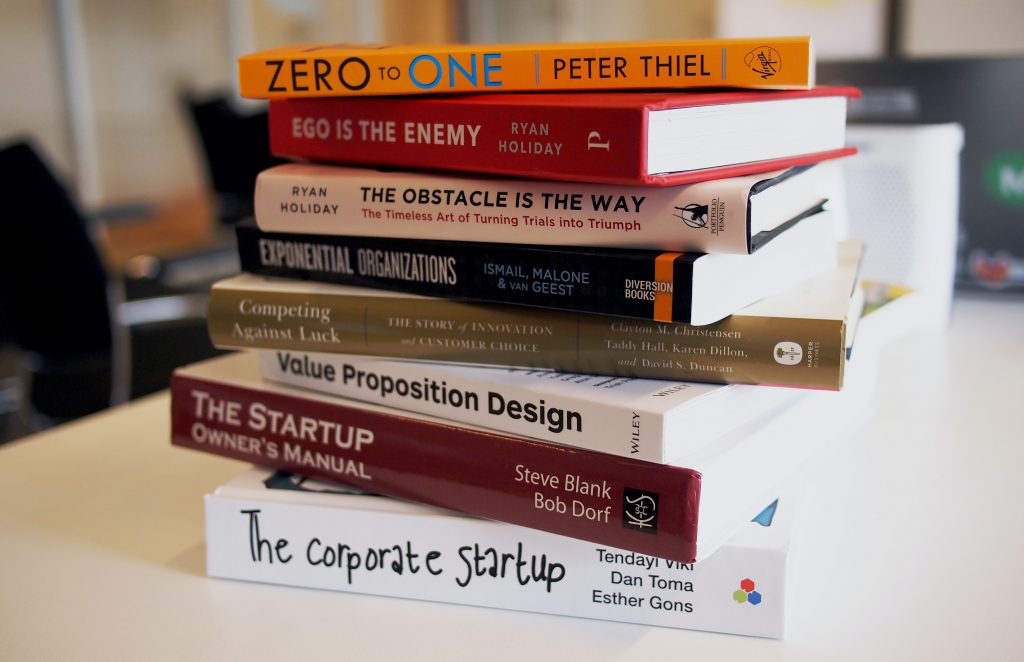
Do you read? Yes? Then this post is for you.
If not, consider why to read.
As you may know, there are different purposes for reading: for pleasure or information. When you pick up a book for information, your intention dictates how to approach the book: do you do investigative reading and exploratory reading?
Exploring the unknown
If we do not know what to search for, exploratory reading is the way. Assume you are new to a field. Overviews on the topic are rare to find. To reduce the so-called unknown unknowns to the known unknowns, we have to create a knowledge map.
If you want to be fast, you can skim the book. Sometimes scanning is not enough, and it is better to read quickly over parts of a book. After we finish the explorative task, we do not know the answers. Still, we have an idea of the responses we will find most likely find.
Investigating the known
Once we know what to search for, the task becomes more apparent, while not necessarily easier. We read investigative. Assume you have a particular question or are only interested in a specific topic. This question can come from your knowledge map or anywhere else.
Nowadays, access to information is easy. Our brain is easily overwhelmed by too much information. It is necessary to filter the important from the less important. We need to separate the wheat from the chaff. While a book may be helpful, maybe not all the book’s insights are valuable.
Knowing how to google is most often a quicker solution to many problems. Google acts as a natural filter for information. (And with this, I do not mean the advertisement-based filter bubble).
What if google does not know the answer? Assume the question is quite creative and the topic quite particular. You are on your own, and you have to deal with the raw material yourself.
Approaching a book with a question
The most important part is to have a question.
In many sciences, work usually starts with a hypothesis. The aim is to prove or falsify this hypothesis.
We do not need to go so far as to create a hypothesis, but we can think of questions we believe the book can answer for us.
Example: Influence by Robert Cialdini
An example is in order here.
I recently read Influence by R. Cialdini. Summaries of the book are available in many places.
As detailed in How to read a book, an informative book should lead to possible actions. For the book influence, there are two main activities possible: we can defend ourselves against psychological triggers, or we learn how to exploit these triggers.
The primary question is:
How to defend against triggers?
The best self-defense is the offense. However, Cialdini blames the exploitation of these principles for hindering their beneficial use as social shortcuts.
This accusation raises the question:
Why apply the principles of psychological influence in your communication?
and related to this one:
How to use them?
Now we have generated some initial questions.
The answers: go back to the book or the summary of the book with the questions. Try to find more specific questions.






